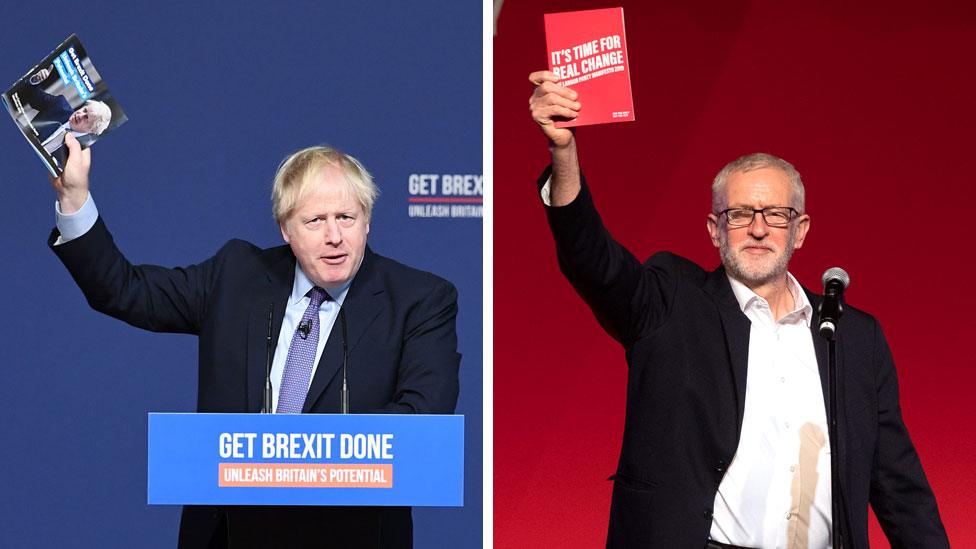General election 2019: Why is it so hard to know who to vote for?
- Published
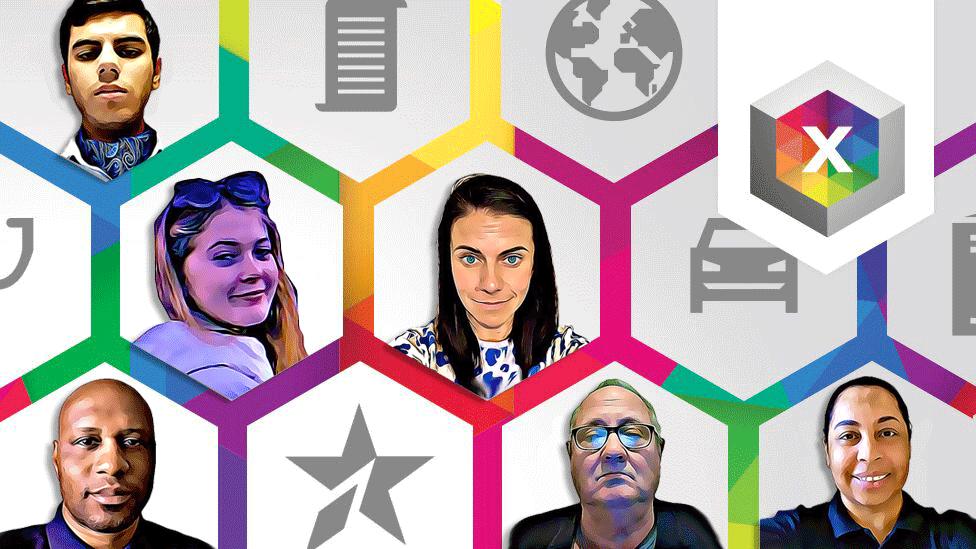
Not yet made up your mind how to vote on Thursday? You're not alone. Three days before the election, many voters are struggling to find a party that offers what they want.
This is a snapshot of the undecided voters of 2019. The BBC has commissioned an opinion research consultancy, Britain Thinks, to put together a sample of voters - representative in age, location, gender, race, class and voting history. Some common themes emerge: the NHS, Brexit, a lack of trust in politicians and money.
We asked our participants to fill in a survey about themselves, their voting history - and what's stopping them from making up their minds. The answers below have been edited for clarity. Then it's over to our correspondents to tell us what the answers reveal about the voters in 2019 - and why so many of them are dissatisfied with the choice on offer.

The NHS
For many of our participants, such as Rob, Kate, Rachel and Leanne (left to right, below) the NHS and its future are among their top concerns.

For Sutton Coldfield resident Rob, 48, the NHS is by far the most important issue of the campaign. He's a regular at the gym, and credits his wife with keeping him and their son on a healthy diet. He voted Remain in 2016, and Labour at the last three elections. The NHS is "a fantastic service that underpins who we are as a nation", he says. "It deserves every penny and more that it can get from the public purse."
Thirty-six-year-old Kate also lives in Sutton Coldfield and is frustrated with the number of people who don't turn up for NHS appointments, when she has to wait days to get one. She voted solidly Conservative in the last three elections and Leave in 2016. "I believe they should operate a three-strikes-and-out policy. If you miss three appointments without notification or a genuine reason (eg hospitalisation), you should be charged before a doctor will see you again."
Rachel, 49, worries about over-stretched GPs and mental health services, as well as the difficulty of retaining qualified staff. Her youngest son had to wait six hours to get his suspected fractured wrist looked at. Rachel, who lives in Cheshire and works as a teaching assistant, has voted Lib Dem (2017), Labour (2015) and Conservative (2010). She didn't vote in the 2016 referendum. "What we do not want is an American-style system," she says.
Self-described "fitness fanatic" Leanne, 34, is suspicious of claims that the NHS will be privatised or sold to the Americans. She voted Leave in 2016 and Conservative in 2010, 2015 and 2017. She says friends and family who work for the NHS are under enormous pressure. "How will our NHS be managed from now on to ensure that our population is cared for correctly?" she wants to know.

The NHS has undoubtedly been one of the key issues of the election. That should come as no surprise - Lord Lawson, a former Conservative chancellor, perhaps best summed it up when he said the NHS was the "closest thing the English people have to a religion". The parties have tried to outdo each other with their attempts to be seen as the party of the NHS, promising extra funding, increases in staff and more money for buildings.
But while the budget has been increasing over the past decade, it has not gone up fast enough to cope with demand.
It has meant longer waiting times for all sorts of treatment. The NHS has also been dragged into the Brexit debate, with Labour saying it is at risk from a post-Brexit US trade deal - something the Tories deny. The US pharmaceutical industry would certainly want the NHS to pay more for drugs, but this will undoubtedly be strongly resisted.
Still undecided? More background here:
Brexit
Most of our undecideds want certainty above all. More than three years on from the referendum, the likes of Mark, Chioma, Claire and Leslie (left to right, below) don't understand why Brexit hasn't been resolved, one way or the other.

Mark, 52, owns a small childcare company in London and has two teenage children with his wife, who recently recovered from cancer. She was treated on the NHS, although she has private health insurance. For Mark, a Leave voter, Brexit is the most important issue. "Who is going to get Brexit done so that the country can move on and business conditions can return to some semblance of normality?" he asks.
Trade, immigration, the NHS: all will be affected by Brexit, says Chioma, 37, a committed Christian originally from Nigeria, now living in Scotland. For that reason, she sees it as the most important issue facing the country. She voted Conservative in 2017 but Labour in 2015 and 2010. She didn't vote in the referendum. "How soon can Brexit be decided?" she asks. "So we can know what we have to work with."
Claire lives in London and teaches adults with learning disabilities. She worries about knife crime and acid attacks in her local area. Claire, who voted Remain in 2016 and Labour in two of the last three elections, thinks Brexit will be "a disaster" for the country and wants another referendum. "I'm worried it's going to be a one-issue election and [I'm] scared that could be very bad for the country. At the same time I think the Brexit question is already damaging Britain and is urgent."
Cheshire-born and bred, Leslie, 64, voted UKIP in 2017, Conservative before that, and Leave in 2016. He's not sure "which of the main two parties are telling the truth". He works as an engineer for an Italian company, but the owners haven't wanted to invest in the UK until Brexit is resolved. "I would like the incoming government to move forward with this issue, then we could have the investment in staff needed," he says. He also worries about the impact of Brexit on the NHS and whether medical supplies will be protected.

The trouble with Brexit is that all parties want to make the solutions sound simple, but it's actually a very complicated process. That's because leaving the EU would make huge changes to the way our whole economy operates - and loads of other issues like security cooperation and sharing data with our nearest neighbours would need to be renegotiated as well.
The Tories promise to get Brexit done but they haven't even started trade talks. Labour says it will renegotiate a better deal and hold another referendum, but it's not clear whether it wants to leave or remain. And the Liberal Democrats' manifesto proposed stopping Brexit altogether, in effect ignoring the result of the 2016 referendum without giving anyone another say.
The country has been divided quite sharply - and sometimes unpleasantly - by Brexit. The idea any party will be able to click their fingers and bring those divisions to a sudden end doesn't really stand up to scrutiny. Whatever happens in this election, Brexit is going to be a long haul.
Still undecided? More background here:

Trust
Another thread running through many of our participants' answers is trust - or the lack of it. Just ask Mariam, Akeel, Clive and James (left to right, below). Even if people like what the parties are saying, they don't believe the politicians will deliver.

"Why should I vote for you? What can you do to benefit people… and genuinely stick to your word?" Mariam, 24, from London has a challenge for the parties. She voted Conservative in the last two elections but didn't take part in the 2016 referendum. Mariam, who has a two-year-old daughter, is leaning towards voting Labour this time but questions the sincerity of the promises from all parties.
Like Mariam, Akeel abstained in the 2016 referendum. He voted Labour in 2017 and Conservative in 2015. He's a truck driver, 38 years old, who lives in Birmingham and is concerned about the cost of living. He wants a contract with the politicians to hold them to account. "If you can't do what you say you're going to do, what compensation do the public get?"
Clive, 62, worked in the mining industry and asbestos removal before retiring through ill health. He moved from Derbyshire to London, where he's now a volunteer working with homeless people and substance abusers. His view? "Promise after promise from Labour or more of the same under the Tories" - he considers the Lib Dems undemocratic and thinks no other parties have a chance. "Who is the one that is believable? At the moment none of them are."
One possible outcome after 12 December is a hung parliament. If that's the case, James, 64 and from Glasgow, wants to know who the parties would work with. "Don't treat us like little kids as if we know nothing and we need to believe every single word that comes out of their mouths," he fumes. He voted for the SNP in the last two elections and Remain in the referendum. He worries about what the future holds, especially the uncertainty over Brexit.

Voters have always distrusted politicians but, at the start of this election campaign, a survey suggested just 14% of British adults believed they could trust them to tell the truth. That's a fall of five percentage points in a year, with politicians displacing advertising executives at the bottom of the truthfulness index.
This rise in scepticism coincides with great volatility in UK politics, as the established parties tear themselves apart over Brexit. There have been 90 switches of allegiance by MPs in the past two years, a sign of how old tribalism is weakening.
The Brexit divide has cut across traditional lines and that, I think, has added to voter uncertainty as to how individual politicians and indeed political parties will behave. The tone of politics has coarsened and the campaigns appear less bound by principles of honesty and integrity.
Still undecided? More background here:

Money
There's a lot of worry about public spending and how the parties will pay for their promises, but for many, such as Betty, Amelia, Humza and Gemma (left to right, below) financial concerns lie closer to home.

Betty, who lives in Glasgow, has four children and five grandchildren. A Leave voter, she switched from Labour to the SNP in 2017, as she wanted Scotland's voice to be heard. She worries about the effect of austerity and Brexit on the economy. Her question to the candidates seeking her vote? "What will you do to ensure that I will be able to pass on my family's inheritance that I have worked hard for?"
While Betty is retired, 18-year-old Amelia is just starting out. She's a first-time voter who'd like another Brexit referendum so that she could vote to remain in the EU. She's preparing for A-levels and, after that, university. "The large debt for tuition fees combined with maintenance loans will stick with me for a long proportion of my life," she says.
Humza, 20, has finished his degree and is now eyeing the next stage: buying a property. He lives with his grandmother in south London and voted Labour in 2017. "How are we going to tackle the issue of property prices to help people buy their first home for life security?" he wants to know.
Buying a house with her boyfriend was a major milestone for Gemma, who owns a cleaning business in Nantwich. She voted Leave in 2016 and Liberal Democrat in the election the year before. She thinks the Conservatives are "more for the wealthy than helping the working/lower class" but worries about Labour's spending plans.

The undecided voter can often be swayed by what politicians promise for the pound in your pocket. Average hourly wages, after accounting for the rising cost of living, are no higher than they were at the peak of the financial crisis in 2008, and poverty is most likely to be found in working households.
People have differing views on who to blame for that, but it does mean household budgets are at the front of many voters' minds.
They might also consider the effect this has had on different generations. Put simply, the old have fared better than the young.
All the parties confront this issue in part, particularly targeting young first-time buyers who feel they have been locked out of the property market. There are promises too for a more generous minimum wage, and plans on who to tax or not. But universal benefits for pensioners and the "triple-lock" state pension guarantee are untouched.
Ultimately, management of the UK economy will have the greatest effect on jobs, wages, and financial prospects.
There are fundamental differences between the parties on how to approach this task. The trouble is, economists at the influential Institute for Fiscal Studies say the spending plans of the biggest two - Labour and the Conservatives - are "not credible".
Still undecided? More background here:
Produced by Alix Kroeger

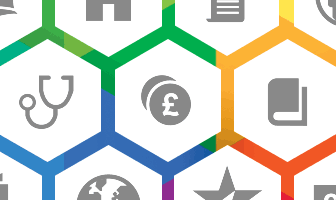
What are the parties promising you?
Here's a concise guide to where the parties stand on key issues like the environment, Brexit and the NHS.
- Published9 January 2020
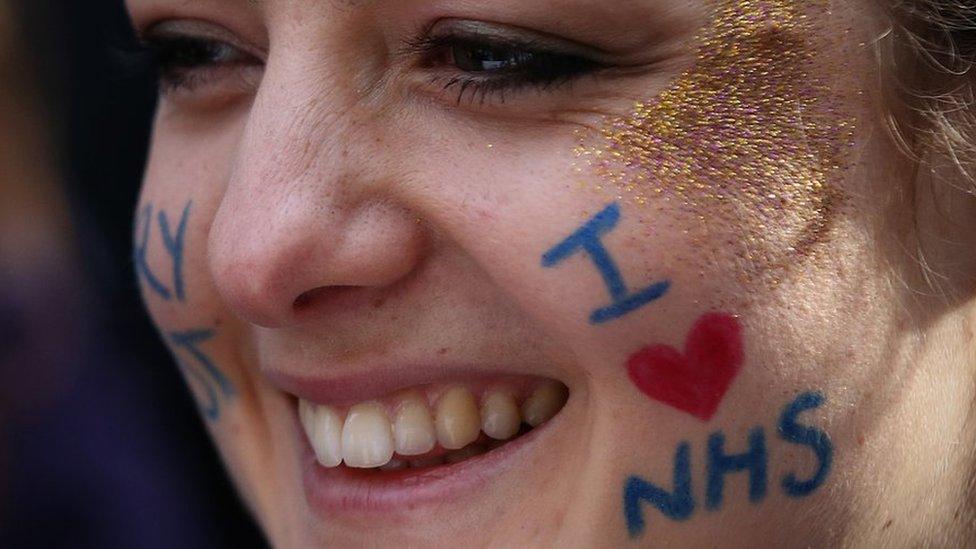
- Published5 December 2019
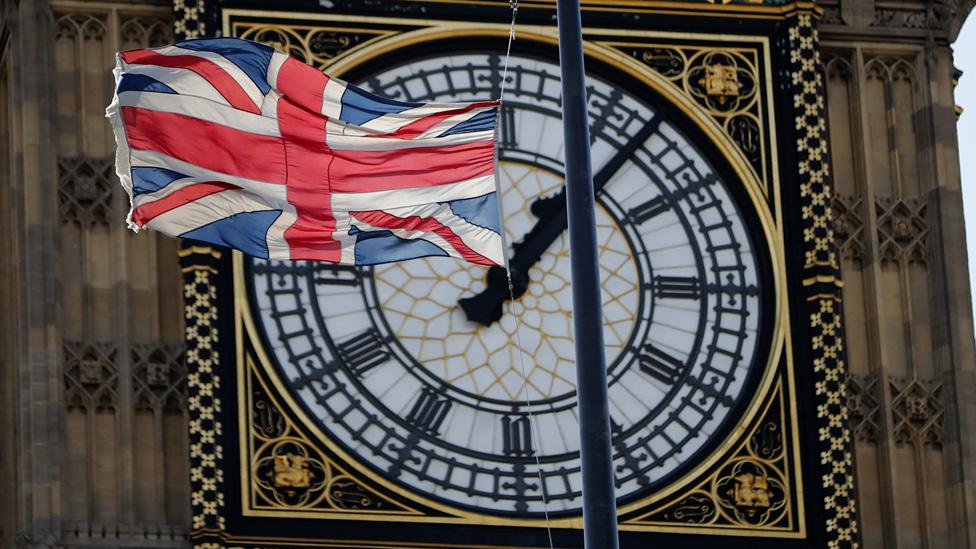
- Published28 November 2019
